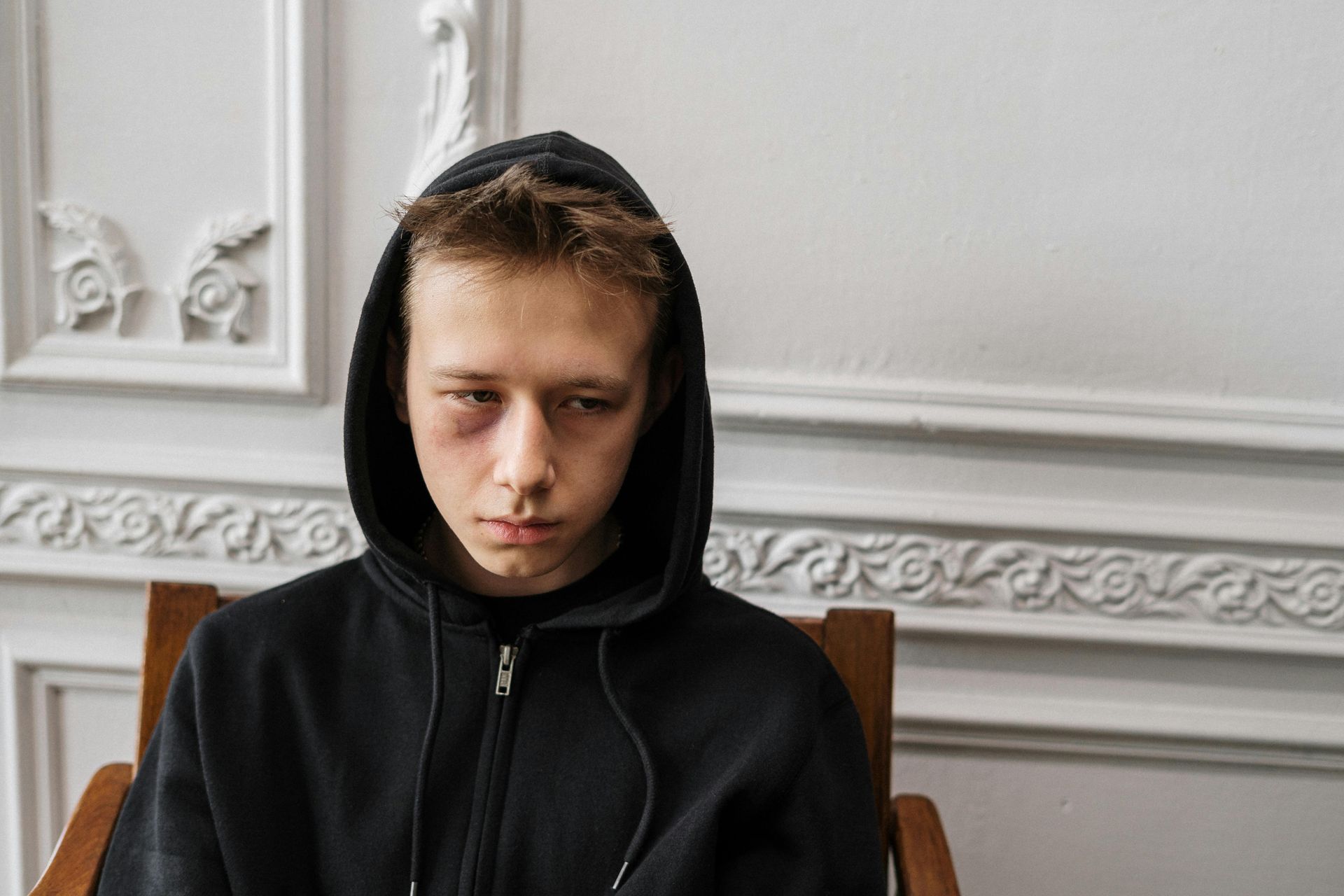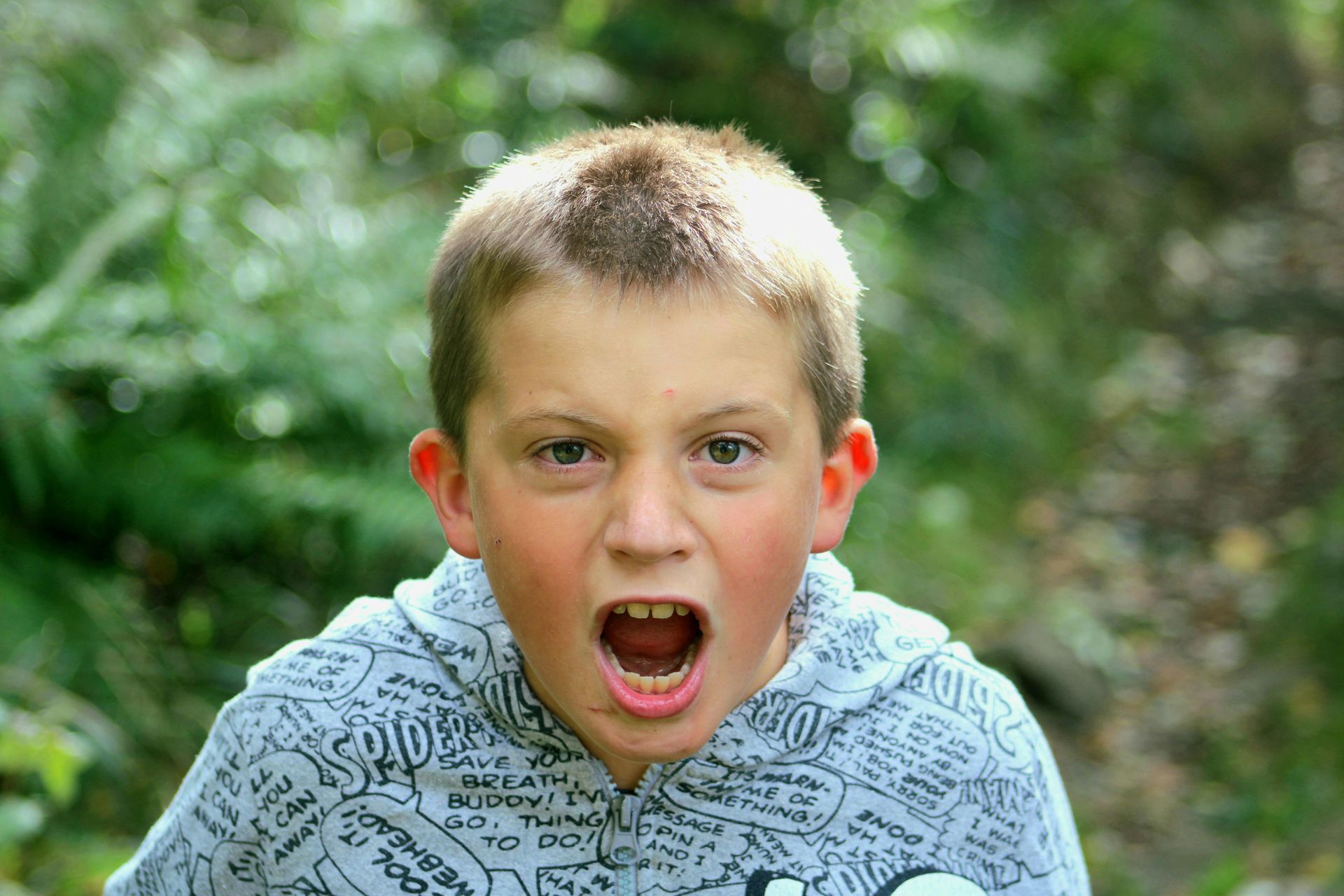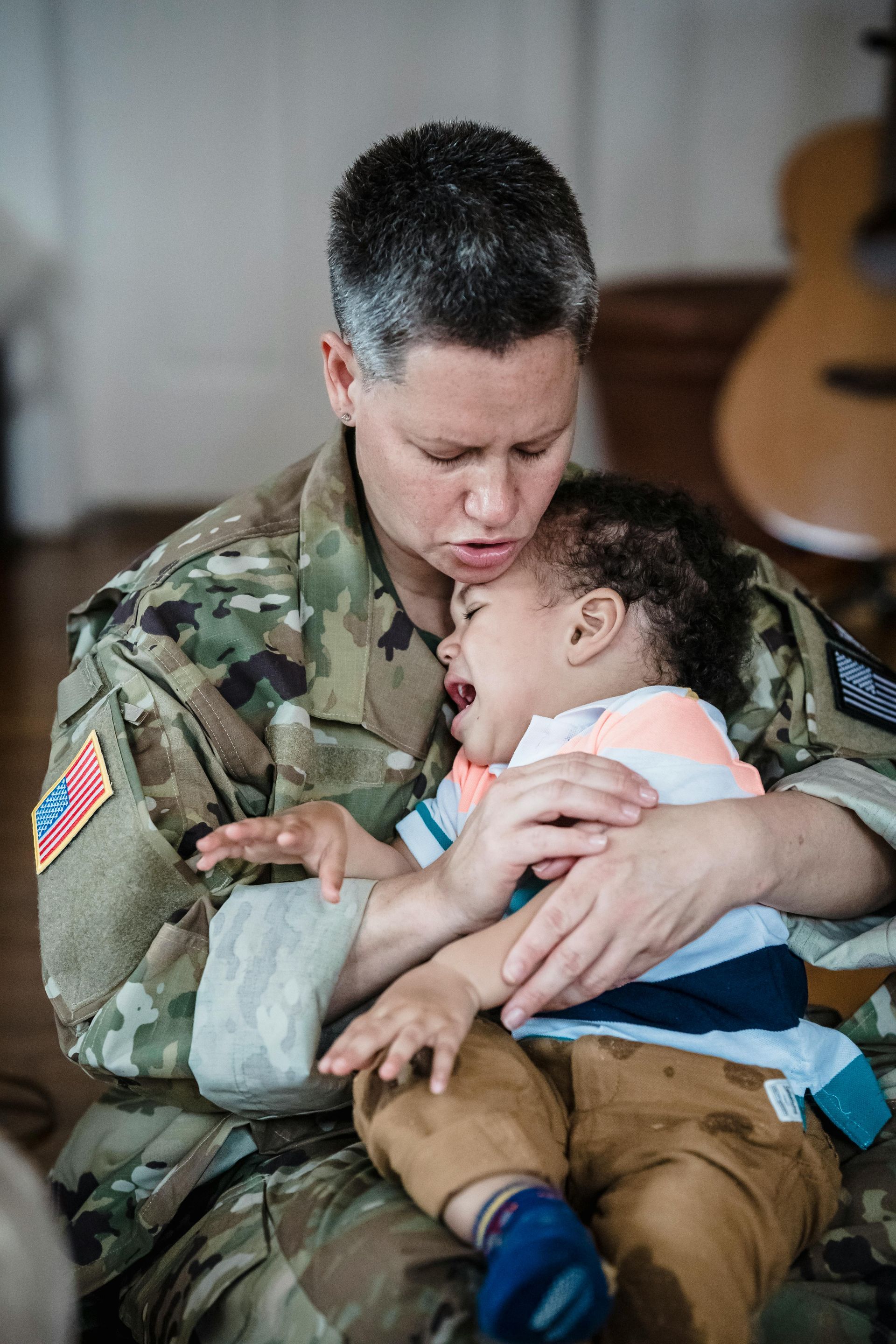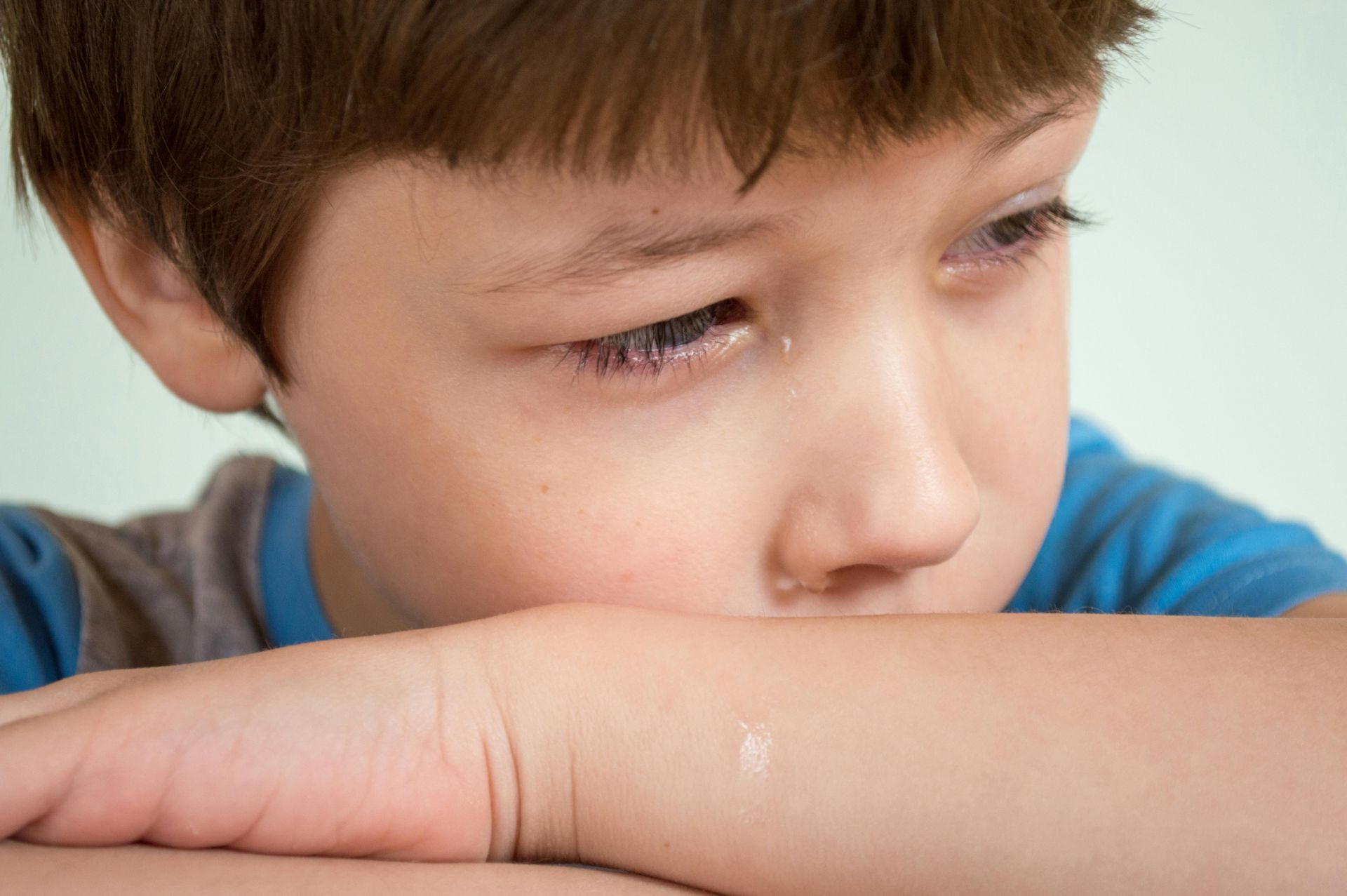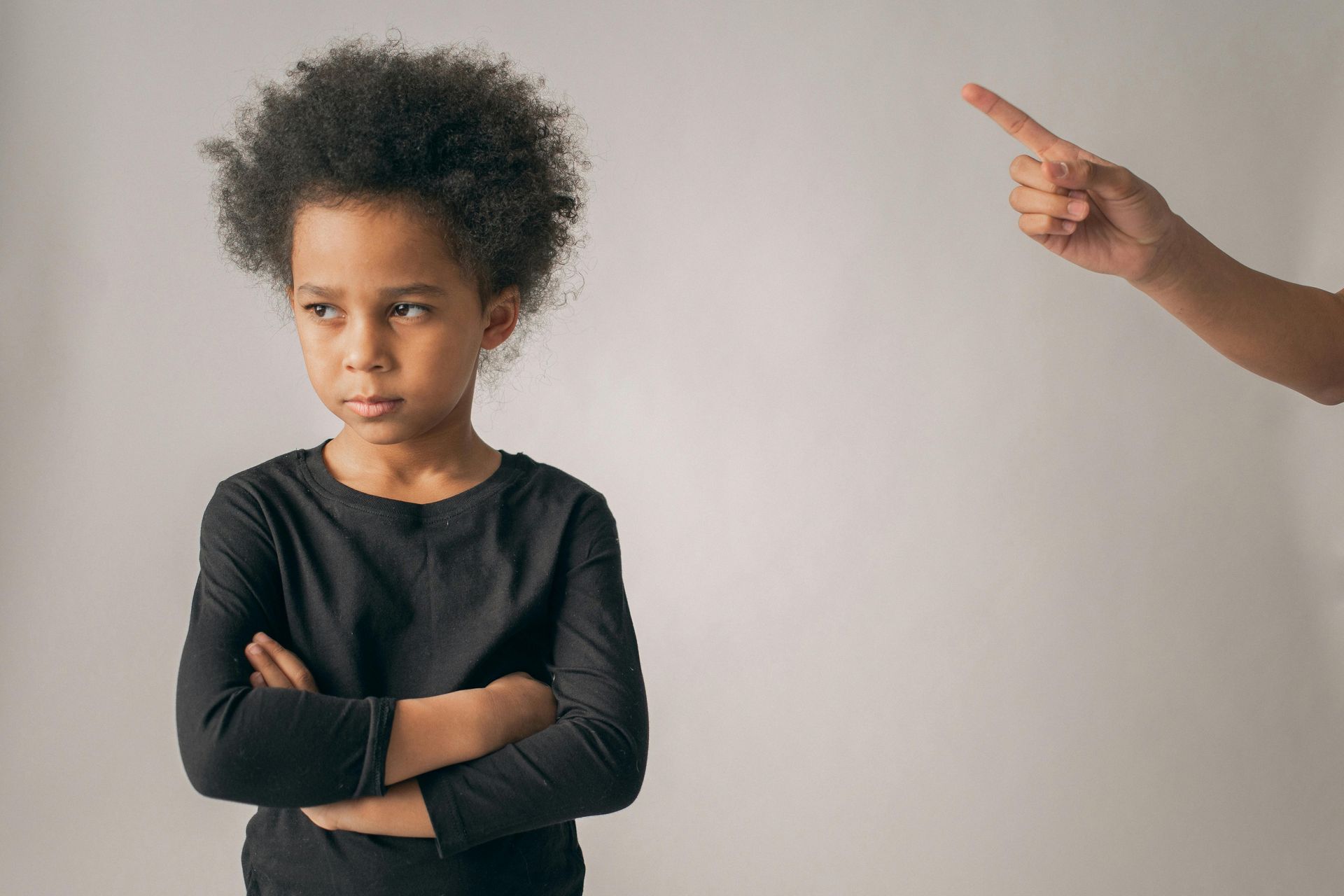SPEAK TO A KING AND A KING WILL APPEAR
How Our Words Shape the Child They Become

Children become the version of themselves we consistently speak to. They rise to the level of how we hold them in our mind and heart, and they shrink to the level of the voice that speaks to their fear, their mistakes, or their struggles. When we speak to the calm, capable, wise, grounded part of a child, we strengthen it. When we speak to the frantic, overwhelmed, dysregulated part, we unintentionally reinforce it. This shift invites us to relate to our children as who they are becoming rather than who they appear to be in their hardest and most reactive moments.
The Pitfall: Speaking to the Wound, the Behavior, and the Labels
Many parents fall into the trap of speaking directly to a child’s wound instead of their worth. When we are overwhelmed or triggered, our language fuses to the behavior we see. We speak to the tantrum instead of the need. We speak to the tone instead of the emotion underneath. We speak to the chaos instead of the child who feels lost inside that chaos. Without meaning to, we tell the child that this moment is who they are. Children absorb these messages far more deeply than we realize.
This also happens when we label their behavior. We may avoid saying that a child is mean, yet still say that what they did was mean or unkind. Even when we think we are separating the behavior from the identity, the association sticks. Children see what we see. They believe what we believe. Their sense of self grows around the story we hold about them. If we repeatedly describe their behavior as wild, out of control, dramatic, bossy, or too loud, they begin to internalize those words as traits rather than temporary states.
Labels linger. They create grooves in a child’s developing identity. Children do not only hear our words. They absorb our belief. You can speak gently, yet if you do not genuinely believe in their goodness and capability, the child will feel that truth beneath the surface. Children sense disappointment, fear, worry, or tension even when we word things softly. They feel the story we hold inside. If our belief in their goodness is conditional or uncertain, they learn to distrust their own goodness.
Underneath every behavior is goodness. Children do not choose unskilled behavior out of intent to harm. They simply do not yet know a better way. Development takes time. Emotional regulation takes time. Learning cooperation takes time. They are not being difficult. They are being undeveloped. Our job is not to judge the behavior but to teach a better way and hold patient leadership for their growth. Our role is to see the goodness that is temporarily covered by dysregulation.
The Shift: Seeing the Child’s Highest Self Before They Can
The deeper shift begins with belief. Before you can speak to a king, you must see a king. You must believe in the highest version of your child even before they have the maturity to believe in themselves. Children grow into the space we hold for them. If we hold a large, dignified, grounded space, they have room to rise. If we hold a small one, they become small in it.
When you speak to a child as if they possess dignity, wisdom, and resilience, even when they are struggling, you activate those qualities. You are not ignoring the behavior. You are addressing it in a way that preserves their sense of self. Instead of saying, do not be mean, you might say, "This is so unlike you, wow. Let’s get calm together so we can sort through this." This statement protects the child's identity while guiding the moment. It reinforces that you see their essence as kind, capable, and steady. You are not defining them by their behavior. You are helping them return to themselves.
Children behave according to who they believe they are. When you believe in their capacity to learn and grow, they feel encouraged to try. When you believe they can repair and reconnect, they do. When you believe in their ability to handle big feelings, they become stronger in those moments. Your belief becomes the scaffolding for their self-belief.
Children sense when your faith in them is genuine. Your tone, your eyes, your breathing, and your posture communicate as clearly as your words. When your belief in their goodness is steady, you remain calm, teach effectively, and hold boundaries with dignity. You become the safe center they organize around.
What It Becomes When Practiced With Consistency
Imagine your child snaps at their sibling. A fear-based reaction might be, "Why are you being so rude!?" This pins the child to their lowest moment. A love-based response sounds like, "I know your heart is kind. Let’s slow down and try again." This preserves the relationship while calling forward the child’s higher self. It neither shames nor excuses. It teaches.
Over time, when you consistently speak to the highest version of your child, you help them live into it. They grow into someone who trusts themselves because you trusted them first. They become resilient because you saw their resilience before they could access it. They become grounded because you consistently grounded the moment. They develop emotional self-trust because you reflected their goodness again and again. Your relationship becomes a place of growth rather than correction and a place of leadership rather than control.
Children become the stories we believe about them. You cannot fake belief. You must actually see the goodness. See the capacity. See the emerging leader. Speak to that version consistently, and you will call it into being. Speak to a king, and in time, a king will appear.
Reflection Questions
- When my child struggles, what story do I tend to tell myself about who they are in that moment, and how might that story be shaping my response?
- What labels, spoken or unspoken, do I sometimes place on my child’s behavior, and how might those labels be influencing the identity they are quietly forming?
- What qualities, strengths, or king-like traits do I deeply believe exist within my child, and how can I speak to those qualities more consistently, especially during hard moments?
- How would my language and leadership shift if I fully believed in my child’s inherent goodness and saw every challenging behavior as communication rather than defiance?

